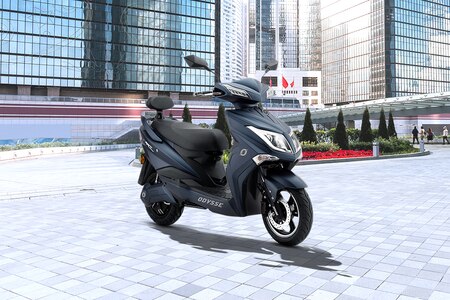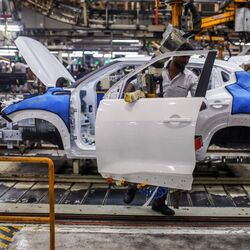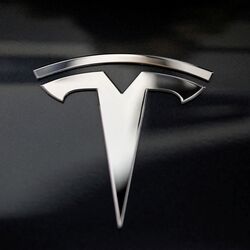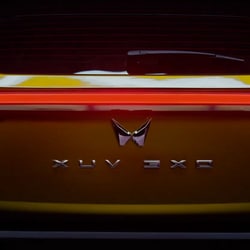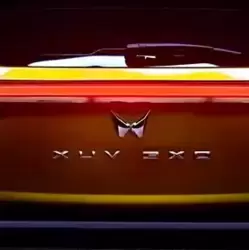Budget 2023: Key takeaways for Indian auto industry
- Budget 2023 witnessed a host of measures that may directly or indirectly help the country's auto industry to grow.
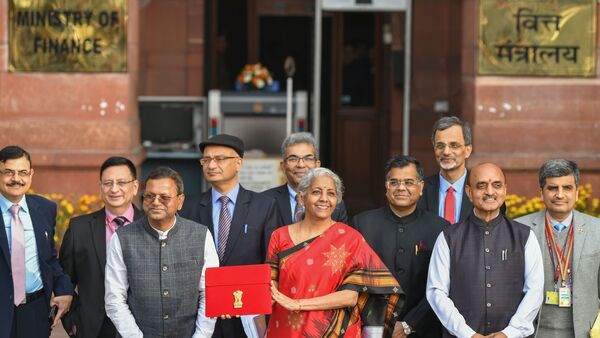

The Union Finance Minister Nirmala Sitharaman announced a host of measures for the auto industry in her Budget 2023 speech, which she presented on Wednesday in Parliament. There was a slew of measures announced by the minister, which include indirect tax proposals, customs duty removal on EV battery manufacturing capital goods import, focus on hydrogen fuel etc.
One of the most significant announcements was the customs duty removal on capital goods imported for the manufacturing of lithium-ion batteries, which would eventually help reduce the cost of electric vehicles in the country. However, this will apply to the electric vehicles that will be built locally in India. Sitharaman said in her budget speech that indirect tax proposals would boost green mobility and the electric vehicle sector in the country. "Customs duty exemption extended to import of capital goods and machinery required for the manufacture of lithium-ion cells for batteries used in electric vehicles," she said. She also proposed continuing the concessional duty on lithium-ion battery cells for another year.
Also check these Vehicles
Also Read : Budget 2023: Nirmala Sitharaman puts spotlight on scrapping old vehicles
While reiterating the government's focus on green mobility, Sitharaman announced that there would be ₹19,700 crore allocated for the National Hydrogen Mission, with an aim to reach a production capacity of five million metric tonnes by 2030. “India is moving forward to net-zero carbon emissions by 2070. An outlay of ₹19,700 crore for the Green Hydrogen Mission will facilitate transmission to low carbon intensity and also reduce dependence on fossil fuels," she said. This strategy would help boost hydrogen fuel-powered mobility in India, for which the auto industry stakeholders have been advocating lately.
Automobile sales in India could also see a boost owing to the proposed reduction of basic customs duty rates on goods other than agriculture and textiles from 21 per cent to 13 per cent. The Finance Minister said that as a result, there would be minor changes in the customs duties, cesses and surcharges on automobiles. Also, the rebate limit on personal income tax has been increased from ₹5 lakh per annum to ₹7 lakh per annum in the Union Budget 2023. This step is likely to help the Indian auto industry to register more sales as more disposable income with the salaried consumers may give a further boost to demand for personal vehicles. However, fully imported luxury cars and electric vehicles will cost more as the government has raised customs duty from 60 per cent to 70 per cent in the budget, which comes as a major setback for the luxury car segment.
While announcing the budget, the Finance Minister laid special emphasis on the Vehicle Scrappage Policy. She stated that more funds would be allocated towards scrapping old vehicles by the central government. She also said that the centre would support state governments in scrapping old vehicles as well as ambulances. “In addition to Vehicle Scrappage Policy announced in Budget 2021-22, more funds have been allocated now to support efforts to scrap old vehicles under the central government. States will also be supported to help them scrap old vehicles and old ambulances," Sitharaman said in her budget speech.
While there was a focus on greener mobility, Vehicle Scrappage Policy, and marginal tax restructuring in the Union Budget 2023, it didn't mention anything about the FAME 2 scheme extension, which the auto industry has been seeking for quite some time. This means the policy will expire in March 2024, as it has already been extended for two years.
Also, the direction to encourage a zero-carbon strategy in the auto sector for the long term came out loud and clear in the budget. It is clear that the government wanted to push for greener mobility solutions. The announcements made in the budget speech, if executed well, could facilitate the auto industry's transition to cleaner mobility. These announcements would see a swift change in the industry's energy mix, with greener fuels like electric, CNG, ethanol, and hydrogen grabbing more market share.








 64.8 kWh
64.8 kWh 418 Km
418 Km
